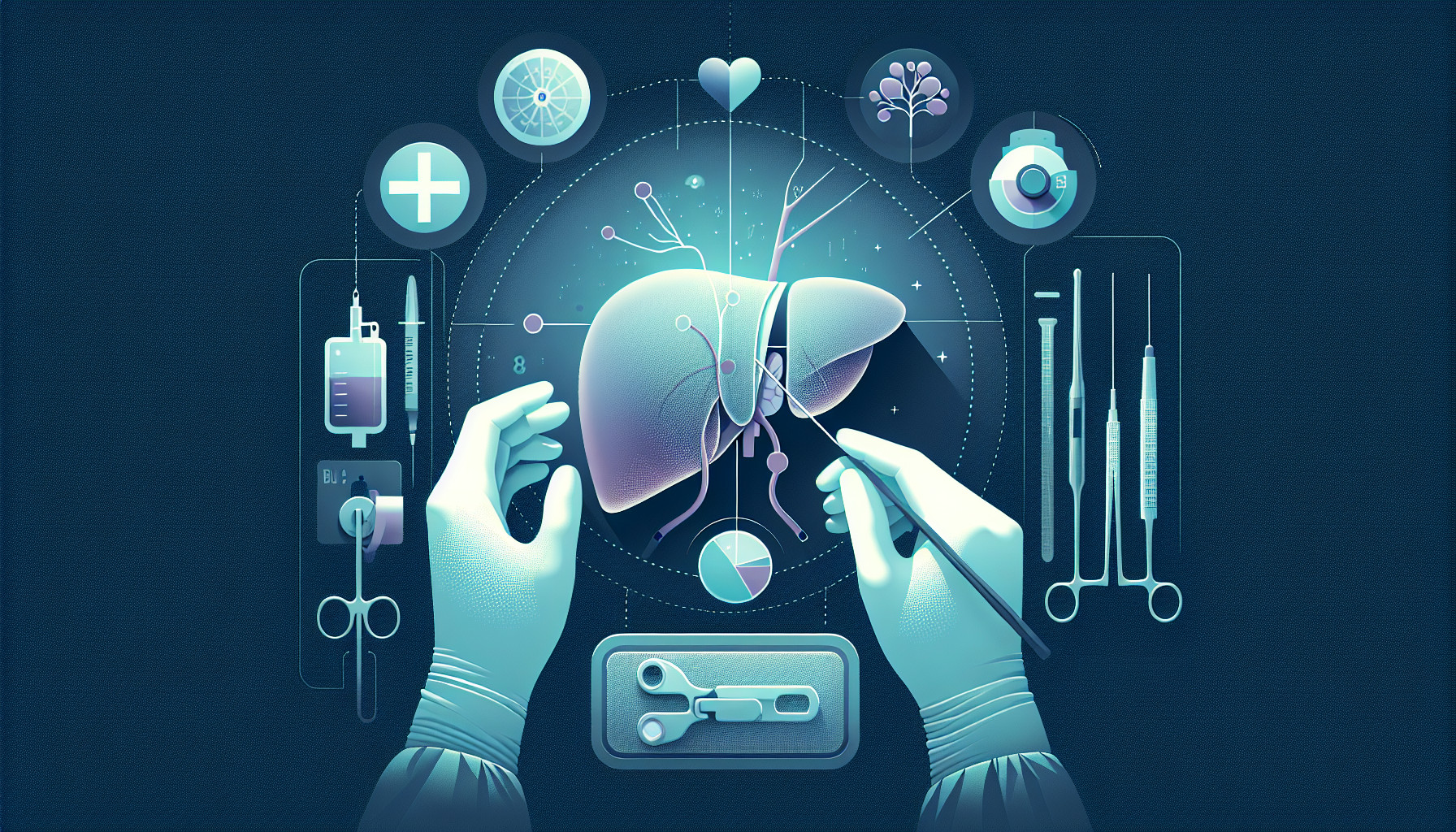Our Summary
This research paper provides an overview of how doctors diagnose problems with children’s liver transplants. It focuses on issues caused by the body’s T-cells attacking the transplanted liver, which is the most common issue observed. It also talks about less common problems like attacks by the body’s antibodies. The paper uses information from a recent report by the Banff 2022 Liver Group. It also covers other complications like problems with the bile ducts and blood vessels, infections, and the return of the original disease. The review also discusses how new technologies, like advanced pathology (the study of disease) methods and artificial intelligence, could be used in diagnosing these transplant issues in children.
FAQs
- What is the most common finding on liver allograft biopsies in pediatric liver transplants?
- What are some potential applications of artificial intelligence and next-generation pathology in pediatric liver transplant pathology?
- What are other complications discussed in the article besides T-cell-mediated rejection in pediatric liver transplantation?
Doctor’s Tip
One helpful tip a doctor might tell a patient about pediatric liver transplant is to closely follow the medication regimen prescribed after the transplant surgery. This is crucial to prevent rejection of the new liver and ensure its long-term success. It is important to take all medications as directed and to not skip doses. Additionally, it is important to attend all follow-up appointments with the transplant team to monitor the health of the new liver and address any concerns promptly.
Suitable For
Pediatric patients who are recommended for liver transplant typically have end-stage liver disease or acute liver failure due to a variety of causes, including congenital liver diseases, metabolic disorders, autoimmune hepatitis, biliary atresia, viral hepatitis, and liver tumors. These patients may have failed medical management or other treatment options, and a liver transplant is considered the best option for improving their quality of life and long-term survival. Children with severe liver dysfunction, ongoing complications, and poor prognosis are often prioritized for liver transplant evaluation. Additionally, patients with certain genetic liver diseases or progressive liver failure may also be considered for liver transplant.
Timeline
Before Pediatric Liver Transplant:
- Patient is diagnosed with liver disease or failure
- Patient undergoes evaluation and screening for liver transplant eligibility
- Patient is placed on the transplant waiting list
- Patient undergoes pre-transplant testing and evaluation
- Patient and family receive education and counseling about the transplant process
After Pediatric Liver Transplant:
- Patient undergoes surgery to receive the liver transplant
- Patient is monitored closely in the intensive care unit post-transplant
- Patient is started on immunosuppressive medications to prevent rejection
- Patient undergoes regular follow-up appointments and monitoring for signs of rejection or complications
- Patient and family receive ongoing support and education about post-transplant care and lifestyle changes
- Patient may experience complications such as rejection, infections, or disease recurrence
- Patient may require additional interventions or treatments to manage complications
- Patient continues long-term follow-up care to monitor liver function and overall health.
What to Ask Your Doctor
- What is the reason for recommending a liver transplant for my child?
- What is the success rate for pediatric liver transplants?
- What are the potential risks and complications associated with the procedure?
- How long is the recovery process expected to take?
- Will my child need to take immunosuppressant medications after the transplant?
- How often will my child need to have follow-up appointments and tests after the transplant?
- What signs or symptoms should I watch for that may indicate a problem with the transplant?
- Are there any dietary or lifestyle changes my child will need to make after the transplant?
- Are there any specific restrictions on activities my child should follow after the transplant?
- Are there any support groups or resources available for families of pediatric liver transplant patients?
Reference
Authors: Thaker AI, Putra J. Journal: Surg Pathol Clin. 2025 Jun;18(2):371-382. doi: 10.1016/j.path.2024.11.002. Epub 2024 Nov 28. PMID: 40412833
